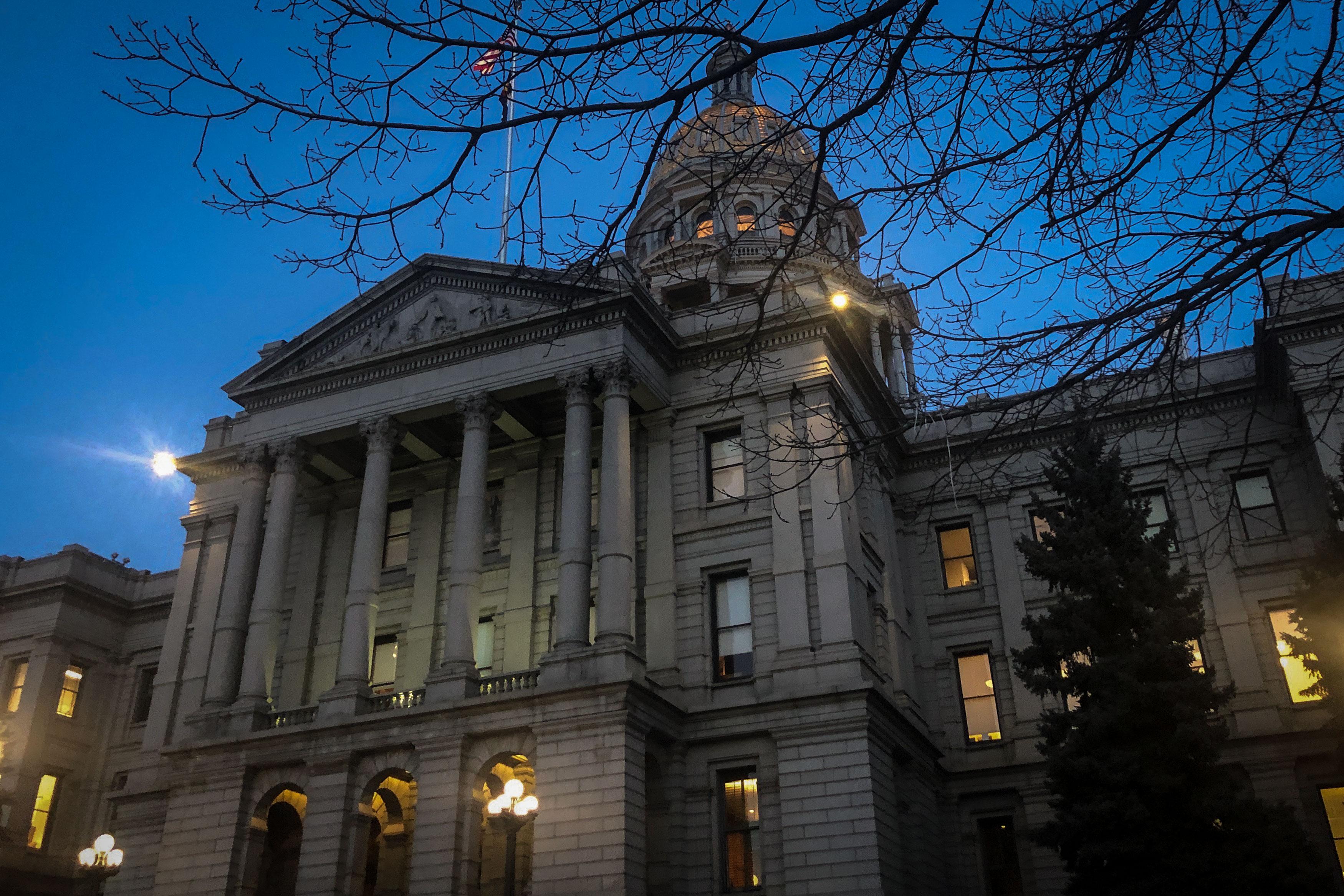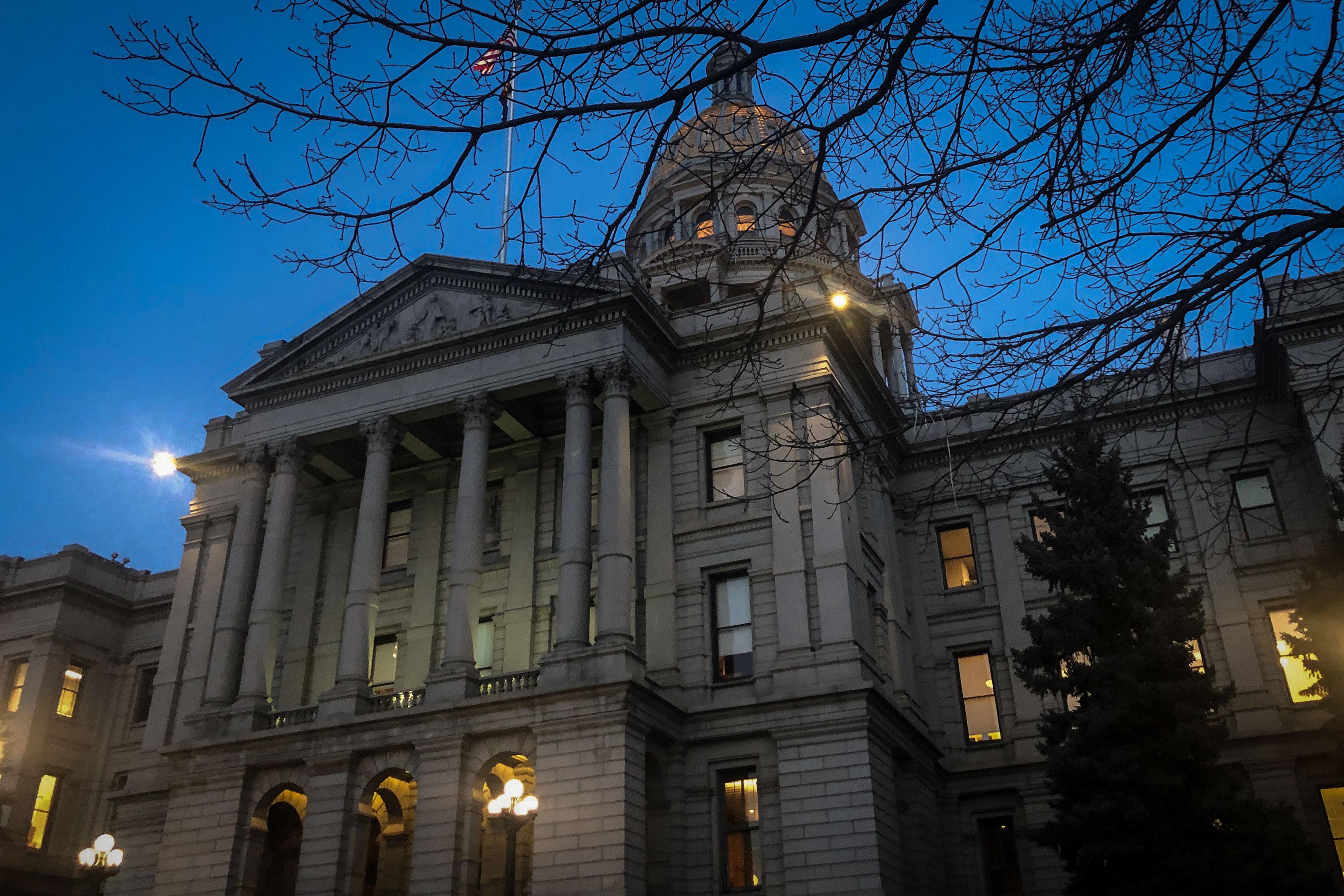

For the second week in a row, the public weighed in on a Democratic bill that would touch every employee and employer in Colorado.
The FAMLI Act, a state-run paid family leave program, would reimburse workers for a portion of their lost wages up to 12 weeks, if they have a medical issue, or take time to care for a new child or a family member with a serious health condition.
“Anyone in this state shouldn’t have to come back to work after going through chemotherapy,” said Sen. Faith Winter, the main sponsor of Senate Bill 19-188.
The state would collect a premium from each person’s paycheck to pay for the benefit, employers are required to kick in an equal amount. The total for the initial start of the program would equal no more than 0.64 percent of a person’s income, although it could rise in future years. The most any worker would pay out of pocket in a year would be capped at $425.28. Benefit payouts to workers are capped at $1,000 per week.
More than 100 people signed up to testify in front of the Senate Finance Committee on Tuesday — an unusually large turnout for a bill’s second hearing. However, the first hearing occurred during the “bomb cyclone” blizzard, when a lot of people couldn’t make it safely to the Capitol. Tuesday’s hearing was something of a re-do.
In the end, all those hours of testimony ended inconclusively; Finance Committee members agreed to hold off their vote on the bill while the sponsors work on amendments.
“I had no accommodations at the restaurant, I worked double shifts as a waitress and my manager didn’t even allow me to sit once in a while to rest my feet,” testified Jasmine White about her second pregnancy, which ended in an emergency cesarean section. As a single mother, White said she struggled financially and the fact she couldn’t take paid time off added to the stress, anxiety and pressure, delaying her recovery.
“After six weeks at home, I actually begged my OB/GYN to shorten my maternity leave so I could return to work and have some type of income to catch up on my rent that was two months late,” she said.
Business groups are generally against the bill. They say they support the concept of paid family leave but feel the legislation is too broad, costly and would actually lead some employers with better benefits to reduce what they offer. Others argue the premiums amount to a tax on workers, in violation of the Taxpayer’s Bill of Rights, which requires voters to approve tax increases.
“It looks a lot like a payroll tax… and that’s a legal concern that isn’t going to be addressed here, but outside of this building,” said Kevin Bommer with the Colorado Municipal League, which represents the state’s cities.
The bill would charge small businesses, local governments and their workers a discounted premium. But Bommer and the lobbyist for counties aren’t fans of that idea. They said it’s still an unfunded mandate and not fair to everyone else.
“It’s not lost on us that a discount for local governments means everyone else who is paying into the pool will pick up our reduction,” said Gini Pingenot, with Colorado Counties, Inc.
Six states and the District of Columbia have created paid family leave programs, although the exact parameters vary from place to place. California, which has the oldest program, replaces up around 60-70 percent of a worker’s wages for six weeks. An analysis of the program conducted by the legislative staff there in 2016 concluded the benefit is used most often by health care and retail workers, and that companies whose workers used the program did not experience higher wage costs or greater staff turnover.









